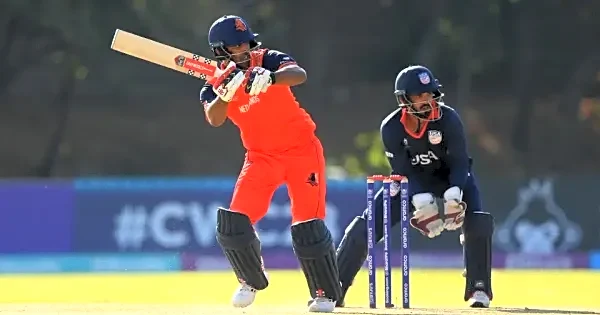Australia's captain Pat Cummins and star batter Travis Head have reportedly turned down a staggering AUD 10 million (approximately ₹58.46 crore) annual offer to quit international cricket and play franchise
T20 leagues full-time.
The offer, believed to have come from an IPL ownership group, would have made the duo among the highest-paid cricketers globally - but both chose loyalty to their national side over financial gain.
According to a report by the Sydney Morning Herald, the management teams of both Cummins and Head declined to comment on the matter. However, the report indicates that the proposal would have seen them forgo their Cricket Australia contracts to focus exclusively on global T20 leagues.
Currently, Cummins earns around AUD 3 million (₹17.52 crore) annually, factoring in his captaincy allowance, while Head draws approximately AUD 1.5 million (₹8.76 crore) through his national deal. Both players are also among the top earners in the Indian Premier League (IPL), representing Sunrisers Hyderabad - with Cummins receiving ₹18 crore and Head ₹14 crore for the 2025 season.
The development comes amid growing discussions within Cricket Australia, state associations, and the players' union about the possible privatisation of the Big Bash League (BBL). The move aims to attract private investors, increase players' salaries, and integrate the BBL into a global franchise ecosystem similar to other major leagues.
The offers made to Cummins and Head reflect the evolving dynamics of modern cricket, where franchise leagues are increasingly competing with national boards for elite talent. Similar situations have emerged elsewhere - England's Jofra Archer reportedly rejected a $7.5 million deal from Mumbai Indians to play franchise cricket full-time, while South Africa's Heinrich Klaasen opted for early retirement to pursue a T20 league career worldwide.
With the financial pull of global leagues continuing to rise, wealthier boards like the BCCI, ECB, and Cricket Australia are expected to withstand the exodus of top players. However, smaller cricketing nations could struggle to retain their best talents - a growing concern as the sport's economic divide widens.







/images/ppid_a911dc6a-image-177089857481720650.webp)

/images/ppid_a911dc6a-image-177089866690032944.webp)
/images/ppid_a911dc6a-image-177089871495294861.webp)
/images/ppid_a911dc6a-image-177089853476914935.webp)
/images/ppid_a911dc6a-image-177089863165870219.webp)

